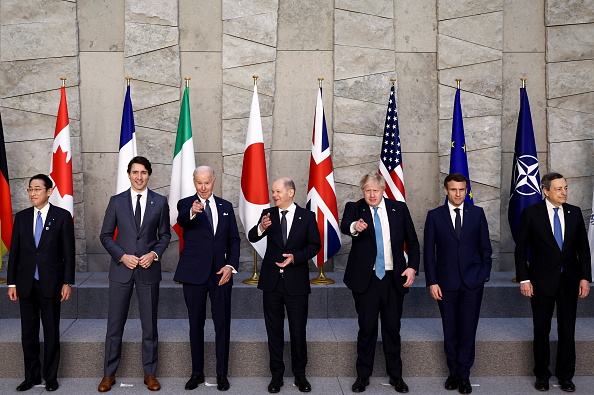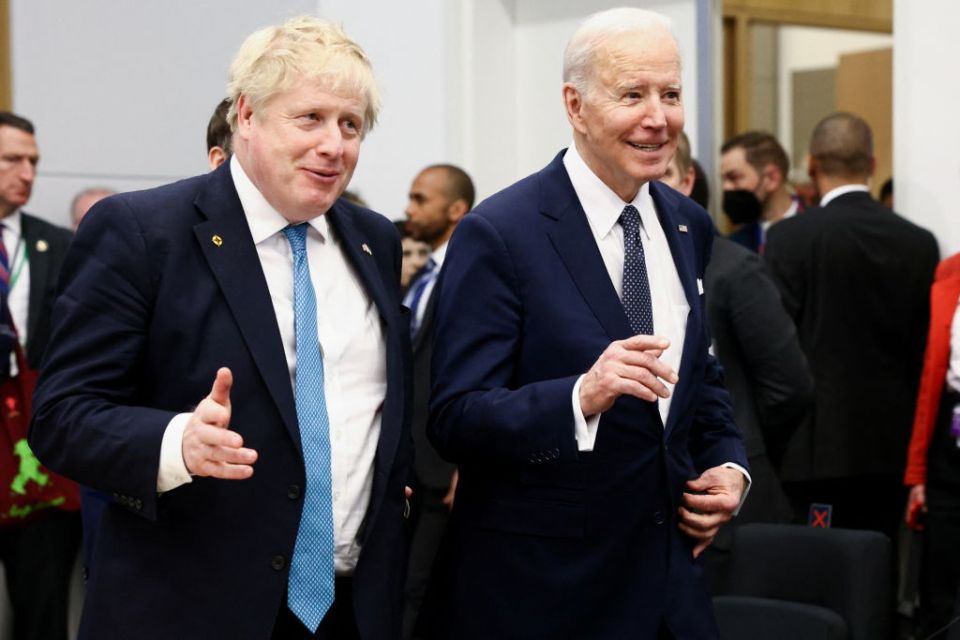US and EU sign historic deal to supply Europe with gas – in bid to move away from Russian fuel

The US and EU have announced a historic deal to supply to supply with Europe with 15bn cubic metres of liquefied natural gas (LNG) by the end of the year.
The deal was announced today during US President Joe Biden’s visit to Brussels, on a mission to wean the continent off reliance on Russian fuel.
LNG deliveries from the US WILL go towards replacing 50bn cm of gas supplied by Russia on an annual basis.
The bloc, with negotiations led by European Commission President Ursula von der Leyen, said it will cut gas from Moscow following its invasion of Ukraine.
This will require an increase in imports and reliance on renewables, despite warnings from Europe’s biggest economy Germany, that an immediate ban on fuel from Russia would be damaging for the EU economy.
The EU has committed to cutting Russian imports by two thirds over the course of 2022, but has so far avoided targeting Russian energy supplies.
Earlier this week German chancellor Olaf Scholz warned against an immediate ban on the Russian fossil fuels, saying such a move could trigger severe economic harm.
Speaking in the Bundestag, he said: “We will end this dependency – as soon as possible. But to do this from one day to the next would mean plunging our country and the whole of Europe into a recession.”
The country has sought to wean itself off Russian gas through new deals.

A few weeks ago, it reached a long-term LNG agreement with Qatar and also announced plans to slow down the phasing out of coal.
As it stands, much of US LNG output is already committed to Asia, where countries such as Korea and Japan already have long-term contracts established.
It is also unclear how much the EU can rely on other exporters, with both Bruegel and UBS warning that the EU will have to significantly reduce consumption demand to avoid supply shortages, if the continent cuts itself off completely from Russian gas.
With analysts forecasting that wholesale prices are effectively baked in to the market this winter, there is growing expectation consumers will suffer continued hikes in energy bills this year as Europe looks to divest from Kremlin-backed fossil fuels.
Another factor at play is capacity issues – Europe’s spare LNG import capacity is concentrated on the Iberian peninsula but Spain has poor pipeline connections to shift imported gas to northern Europe.
This means it could face difficulties converting LNG to usable gas at the necessary speed while also taking on more and more shipments.
